Mobile Cloud Computing- The Journey of a thousand apps begins.
Dive into the world of mobile cloud computing and learn how it's transforming the way applications are developed and used. From enhanced performance to seamless integration, discover the future of apps in the cloud.

Mobile Cloud Computing- The Journey of a thousand apps begins.
Table of Contents
The process of delivering mobile apps using cloud technology is known as mobile cloud computing (MCC). Complex mobile apps today carry out functions like authentication, location-aware features, and providing users with targeted communication and content. As a result, they demand a lot of computational resources, including processing power, memory, and data storage. By utilizing the power of cloud infrastructure, mobile cloud computing relieves mobile devices of some of their burden. Rich mobile apps are created and updated by developers using cloud services, and then they are released for remote access from any device. These cloud-based mobile apps process and store data using cloud technology, making them compatible with both old and new mobile devices.
Rich mobile applications are intended to be able to run on a variety of mobile devices thanks to mobile cloud computing. In this technology, data storage and processing take place independently of mobile devices.

Read More:- What is cloud application development?
Why is cloud computing on mobile devices crucial?
Modern clients demand the ease of remote access to a business's website and applications from any location at any time. Mobile cloud computing applications are used by businesses to effectively and economically meet this expectation. To ensure that users are not constrained by their operating system or device capacity, complex workloads are run on cloud resources. The following are some benefits of mobile cloud computing:
Greater reach:-
Because MCC is platform independent, mobile application developers can access a sizable market. Mobile apps that use the cloud are serverless and work with any device or OS. They can be centrally maintained by developers, and they can easily publish updates across all platforms.
Analytics in real time:-
Cloud applications use the same cloud infrastructure to centrally store data. In order to provide precise real-time analytics, the backend cloud services can quickly integrate a variety of data points and communicate with a number of other applications. Users can safely gather and combine data from a variety of sources. The Internet of Things (IoT) also makes it possible for mobile apps to offer cloud-connected, real-time interactions and communications.
Increased user satisfaction:-
Users of mobile cloud applications can experience a seamless application experience across platforms and devices, including desktops, mobile phones, and tablets, as long as they have a reliable internet connection. They can make use of powerful computational resources that are not built into their device. Their data is still backed up to cloud storage in case the device is lost or stolen, and they can easily recover it.
Price effectiveness:-
To ensure that you only pay for the cloud-based resources you actually use, cloud providers offer a pay-as-you-go model. As a result, it is less expensive than buying and caring for your own servers. Additionally, if the cloud apps are for internal use only, your company may allow employees to download the mobile apps to their own devices. There is no requirement that they buy certain device configurations for every employee.
What are some applications for cloud computing on mobile devices?
For any kind of use case, you can create mobile cloud applications. Common instances of mobile cloud computing include the ones listed below.
Encounters that are interactive:-
MCC allows for the real-time dissemination of information to end users in interactive media and entertainment experiences. Applications with both offline and online functionality include voting, financial tickers, and music streaming apps. Additionally, cloud computing is necessary for location-aware features that depend on end-user real-time location, like geo-based marketing or map searches for locations close to the user's current location.
Using social media:-
Large data files like images and videos are shared and accessed by mobile social networking users. Applications hosted in the cloud have data processing capabilities that enable mobile users to view shared files in real time without placing an undue burden on their devices.
Commerce:-
To effectively meet the demands of their mobile users, many mobile banking and commerce apps make use of cloud computing technology. They limit user views to only what they require while storing data in the cloud. For instance, if you search for outdoor shoes while using the Amazon mobile app, the application will only show you the top three or four results that are pertinent. More results will load as you scroll, protecting your mobile device from overload.
Gaming on a mobile device:-
Heavy graphics and video, real-time updates in a multiplayer setting, and a number of other intricate computational processes are needed for mobile gaming. Cloud-based services are used in cloud mobile gaming to remotely run the game applications. In order to transmit game graphics to mobile devices over mobile networks, they encode the game graphics in a video stream. Mobile users can play games without having their phones perform poorly or overheat.
Healthcare:-
To manage patient care while on the go, healthcare professionals need mobile healthcare solutions. For instance, they need access to hundreds of patient records and data, as well as immediate notifications in the event of medical emergencies. For all kinds of workflows, health organizations can develop mobile cloud computing applications that staff members can install and access from their preferred mobile device.

What Sets Cloud Computing Apart from Mobile Computing?
At first glance, cloud computing and mobile computing appear to be very similar. The similarities between the technologies are the result of their shared traits, but closer examination reveals that they are distinct from one another.
Over the internet, cloud computing provides computer services. Customers can access all the software, analytics, data storage, and databases that an internal computer room can provide through this scalable, affordable service. Therefore, you are dealing with cloud computing when you see services like IaaS, SaaS, or PaaS.
Even mobile computing isn't always cloud computing. For instance, you might be using a desktop computer that is stationary and using a SaaS subscription to Photoshop. On the other hand, if you have access to a mobile network, mobile computing is a process that enables you to access information and data wherever you are! A mobile device, such as a smartphone, laptop, or tablet, is used to send data, video, and voice files over a network.
Read More: What are cloud computing platform- The wise decision?
Conclusion:
Mobile Cloud computing (MCC) is a cutting-edge method of mobile computing that offers users more flexibility and capabilities. By fusing the processing power of these devices with that found in the cloud, MCC enables users to make the most of the capabilities of their smartphones or tablets.

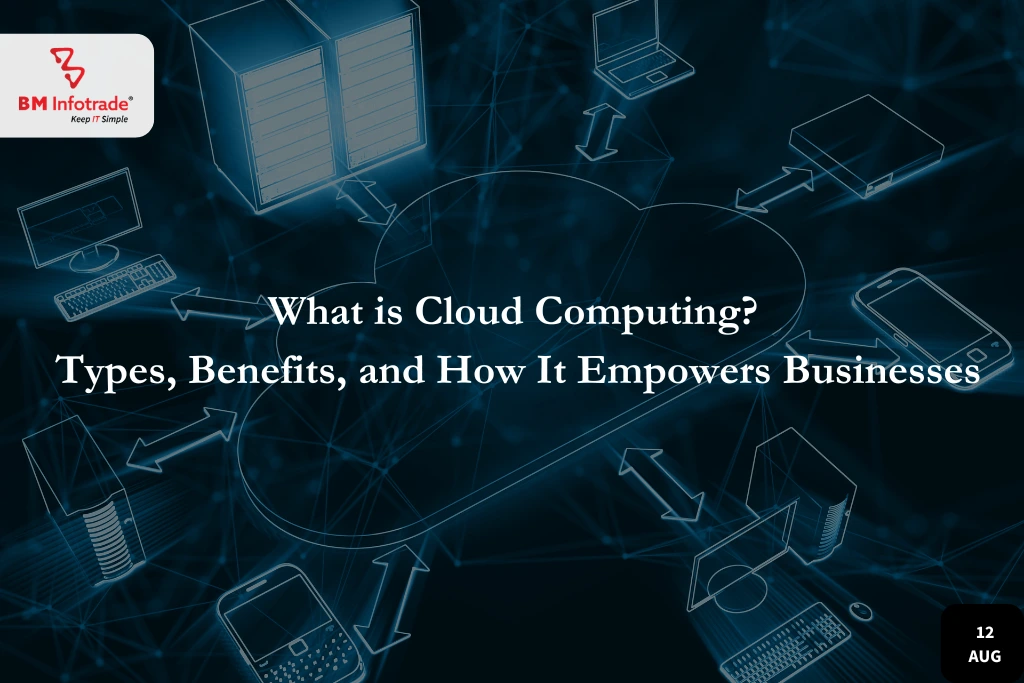

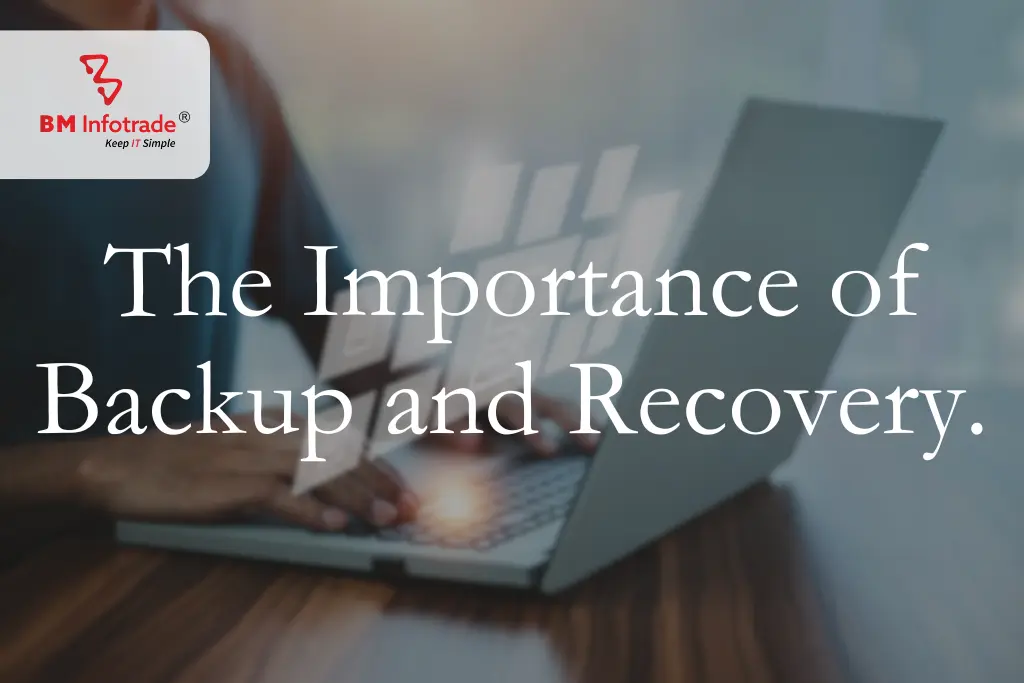
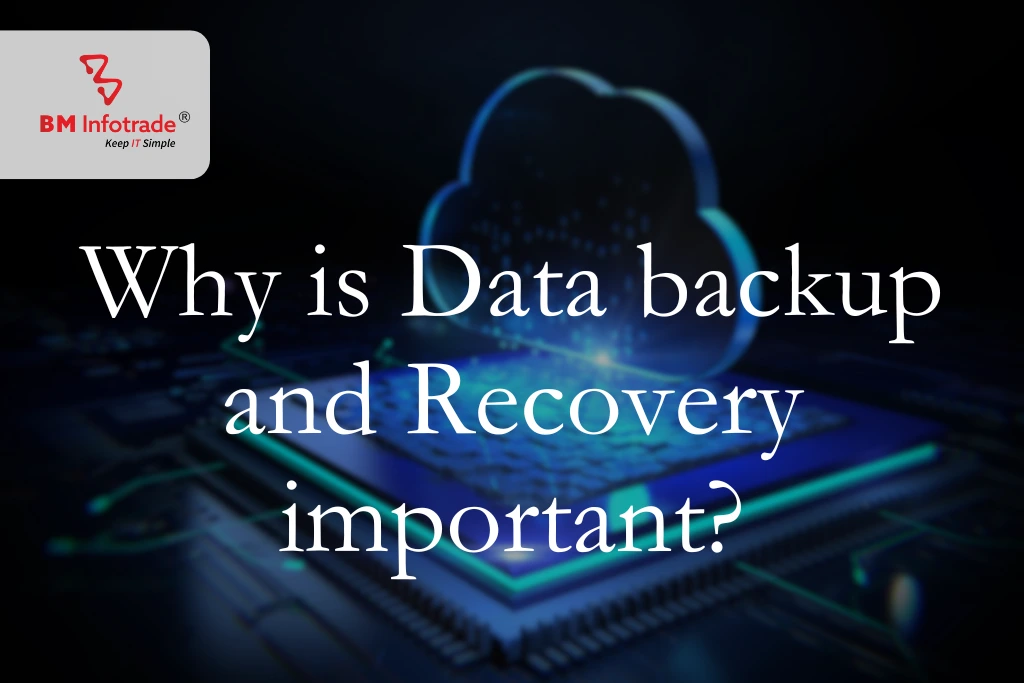
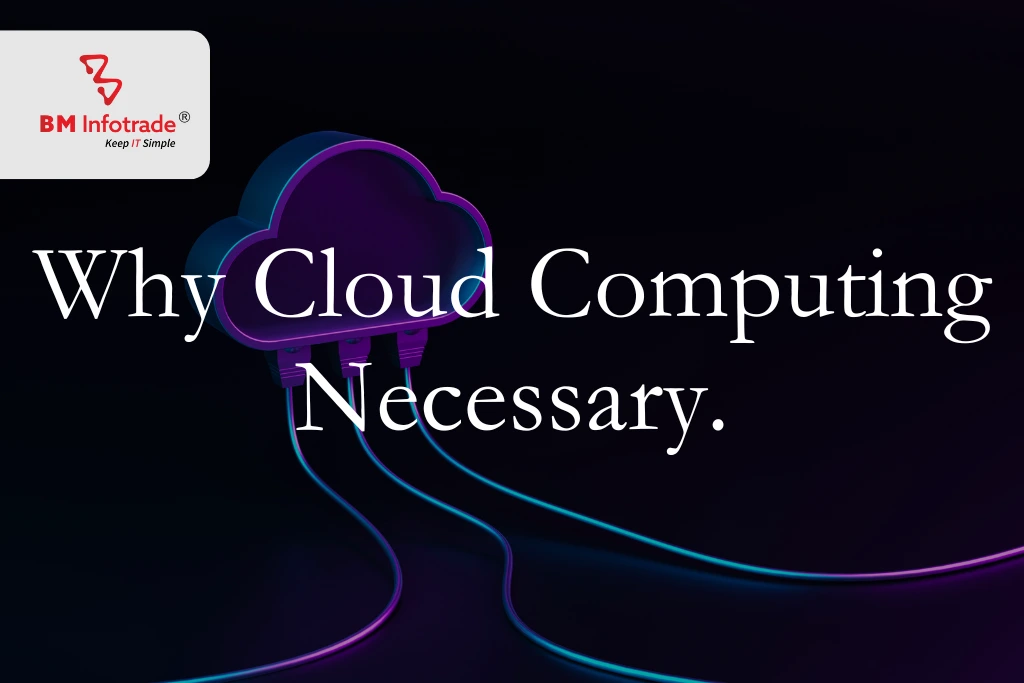
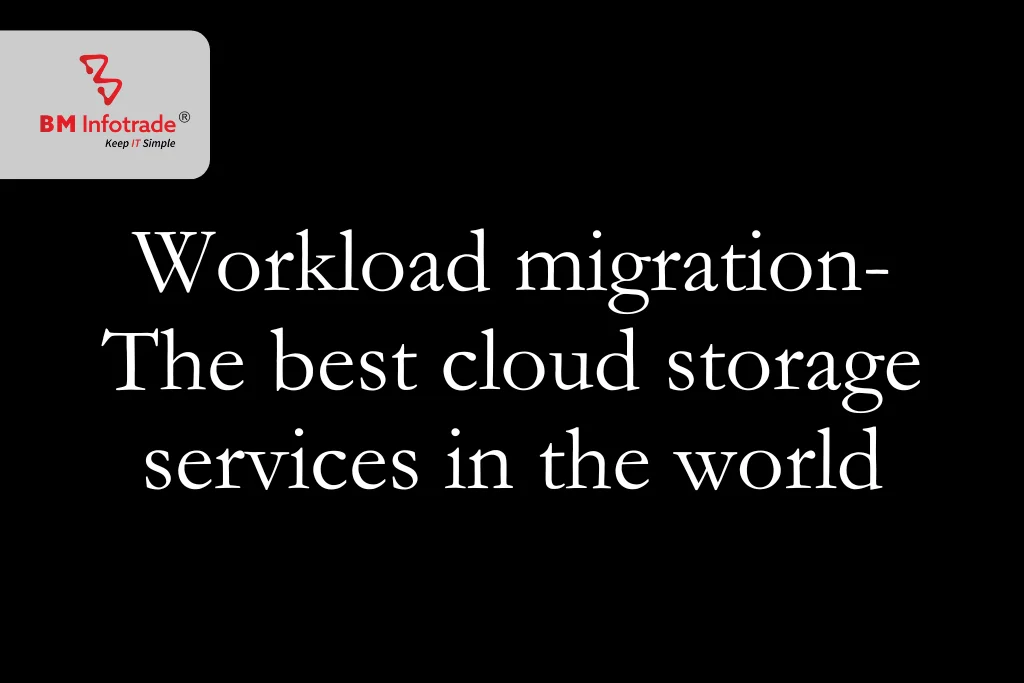
Anshul Goyal
Group BDM at B M Infotrade | 11+ years Experience | Business Consultancy | Providing solutions in Cyber Security, Data Analytics, Cloud Computing, Digitization, Data and AI | IT Sales Leader